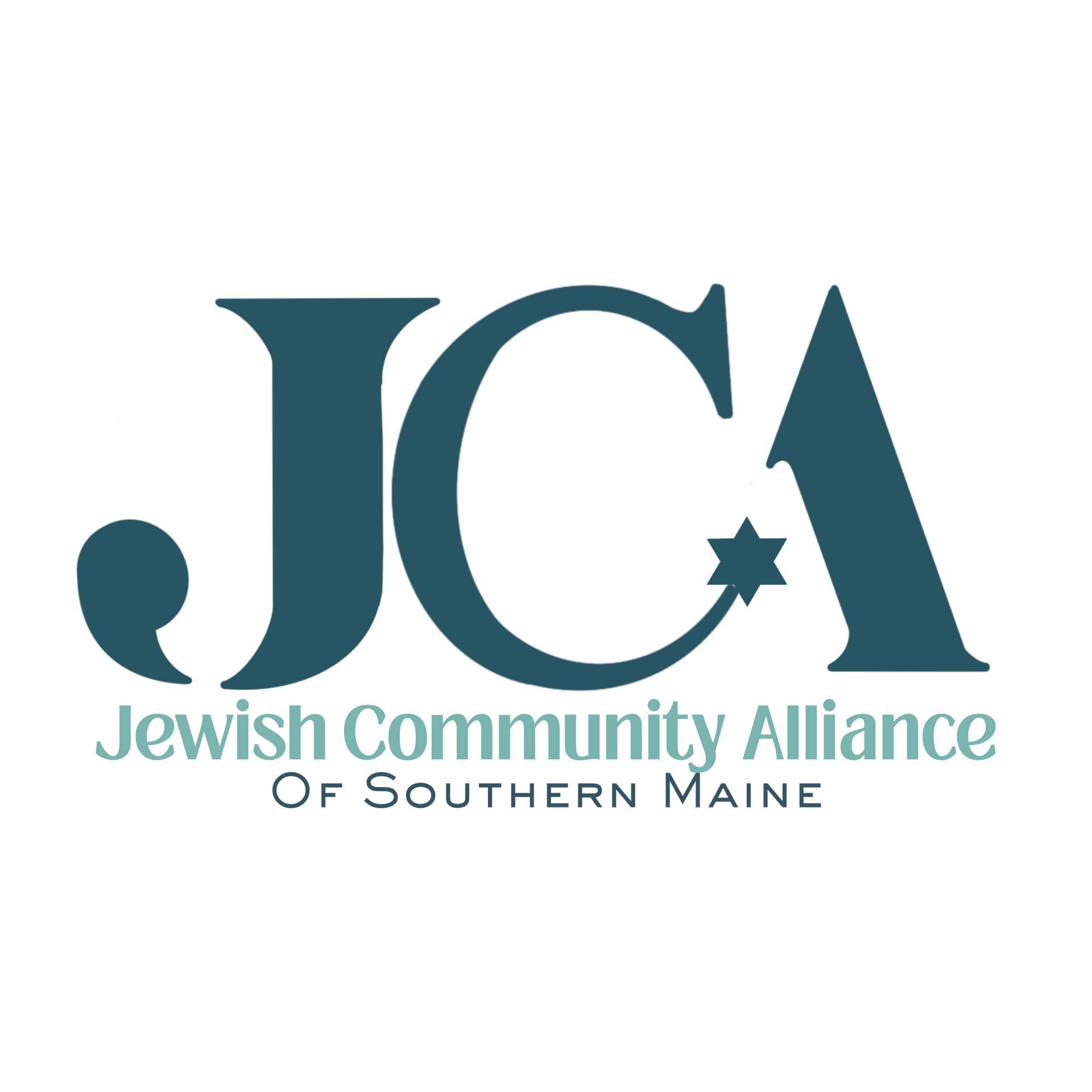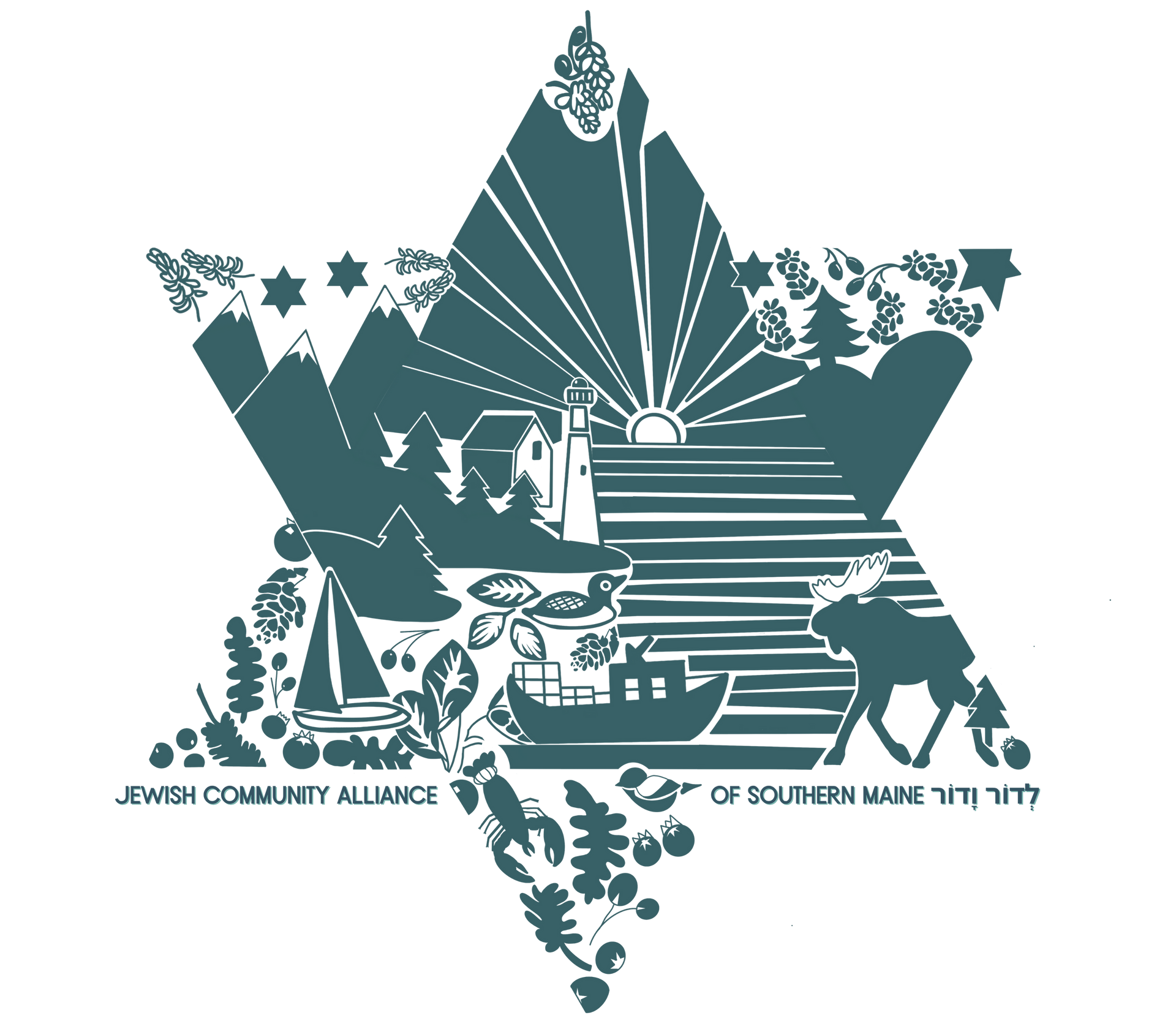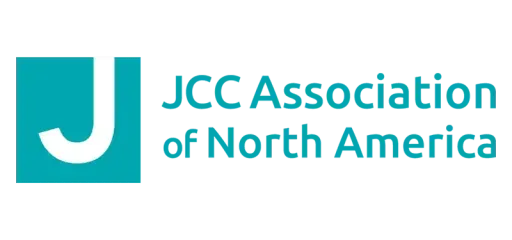What's New in the Jewish World this Week
Brick Reading “Free Palestine” Thrown Through Window Of Boston’s The Butcherie
Boston, MA — Police in Brookline, Massachusetts, are investigating after a brick with “Free Palestine” written in red paint was thrown through the window of a kosher grocery store. The Butcherie, which often serves families in Maine, is one of the Boston area’s only kosher grocers.
Police Chief Jennifer Paster said in a statement that a preliminary investigation showed that at least two people wearing masks approached the store and threw the brick just after midnight on Sunday morning. She said her department was investigating the attack as a hate crime. “This was not simply an act of property damage, and it is not plainly vandalism,” Paster said. “This was a targeted, hateful message meant to intimidate a Jewish-owned business and our broader Jewish community Brookline is a place of inclusion, dignity, and respect. Let me be clear: There is no room for anti-Semitism, hate, or political violence here in Brookline.”
Read more at the Jewish Telegraphic Agency and support the Butcherie by placing a summer order. Place your order by next Sunday 6/29 for pick up on Tuesday 7/1 at the Westgate Shopping Plaza.
Hate Crime Case Against Boulder Suspect Can Go Forward, Judge Rules
Boulder, Colorado — A federal judge has ruled there is enough evidence to proceed with a hate crime case against a man accused of injuring more than a dozen people after lobbing Molotov cocktails at people in Boulder, Colorado, who were supporting Israeli hostages in Gaza. Fifteen people ages 52 to 88 were injured with burns ranging from serious to minor when Mohamed Sabry Soliman, 45, launched the attack, authorities say. He lived in Colorado Springs, Colorado, after coming to the United States on a tourist visa in late 2022 and staying after it expired. Soliman faces a maximum sentence of life in prison if he's found guilty of the federal hate crime charges against him. The native of Egypt has also been charged in state court with 118 criminal counts, including attempted murder and other offenses. Read more at USA Today.
Israel-Iran War Continues
Middle East — The Israeli military said Friday that it had conducted another wave of airstrikes against military and nuclear sites in the Iranian capital Tehran overnight. The latest targets included missile production facilities and the headquarters of the S.P.N.D., an advanced research institute connected to Iran’s nuclear program, the Israeli military said.
On Thursday, an Iranian missile slammed into the Sororka Medical Center, the main hospital in southern Israel. Israeli media aired video of blown-out windows and heavy black smoke pouring from upper floors of the hospital, but a spokesperson for the facility said there were no serious injuries to patients or staff, as the part of the hospital that was hit directly had already been evacuated.
Significantly, President Trump said on Thursday that he would decide whether the United States will attack Iran “within the next two weeks,” pivoting from recent comments that suggested an American strike might be imminent and raising the possibility of revived negotiations on the future of Iran’s nuclear program. In a statement released by the White House announcing Mr. Trump’s new timeline, he said that “there’s a substantial chance of negotiations that may or may not take place with Iran in the near future.”
Follow live updates on the Israel-Iran War at The New York Times, The Times of Israel, and other media outlets.







